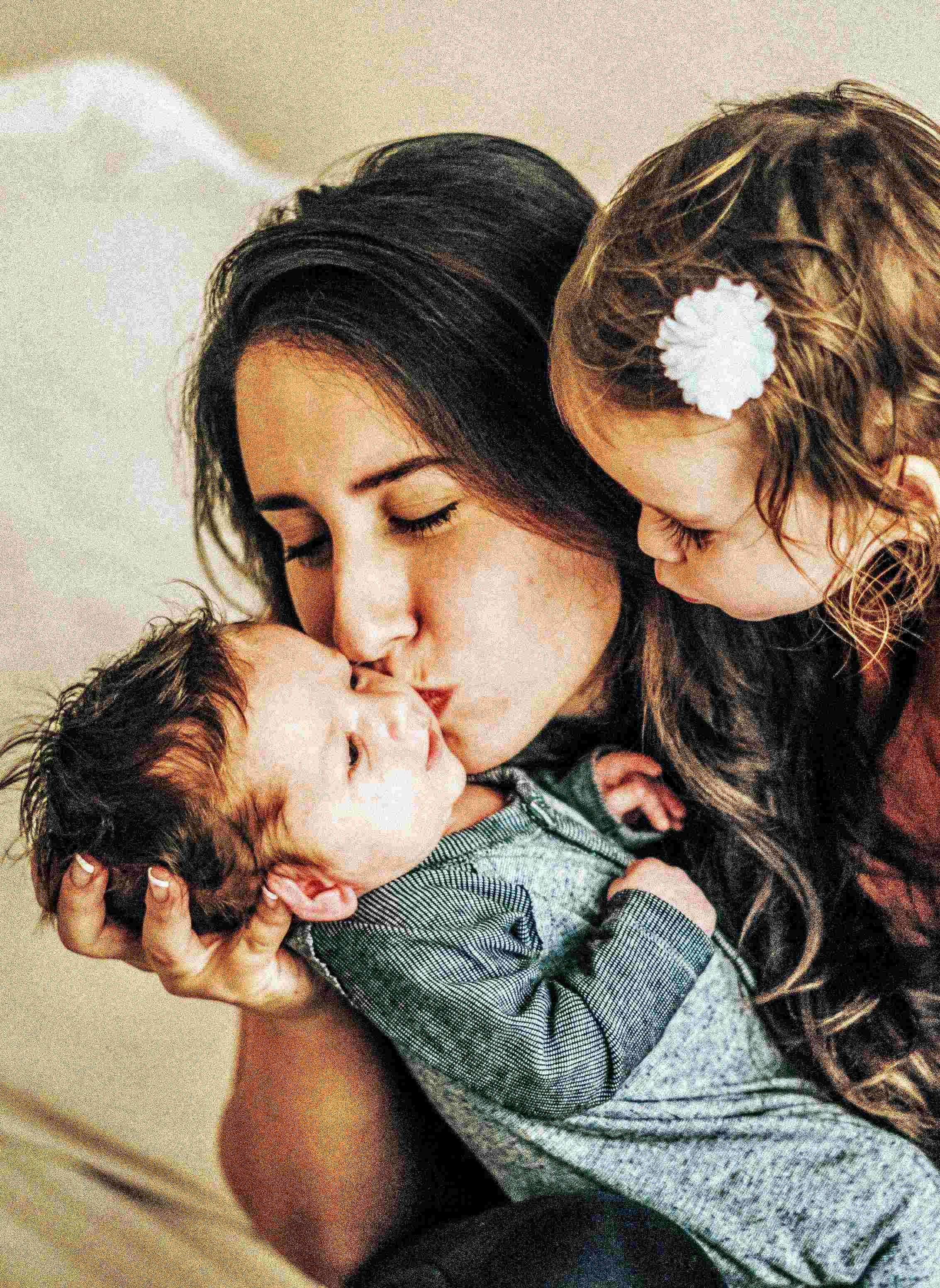Neuroscientists from Massachusetts Institute of Technology (MIT) and Harvard University found that kissing babies and toddlers and sharing food with them corresponds to close relationships and helps them recognize the people most likely to take care of them in situations of distress.
Such practices are generally limited to a certain level of intimacy, a distinction that humans first make as infants, when they just start to discover their social environment. This kind of saliva-sharing activities allow babies to identify close relationships and the people they depend on for assistance. The findings of MIT and Harvard research suggest babies use kissing and food-sharing as cues to determine which people might be most ready to support them.
"Babies don't know in advance which relationships are the close and morally-obligating ones, so they have to have some way of learning this by looking at what happens around them," explained Rebecca Saxe, a neuroscientist at MIT and the study's senior author. The same goes with toddlers.
Christine Fawcett, a researcher at the Department of Psychology at Uppsala University in Sweden, said that the same applies to smells as well. According to a 2006 study, parents are more likely to put up with the smell of their own babies' dirty diapers than those of other children. It seems that the close proximity to our little ones has some big advantages for their good social and physical development.

Picture: Mother with children kissing baby (Wikimedia Commons, w/Effects)

